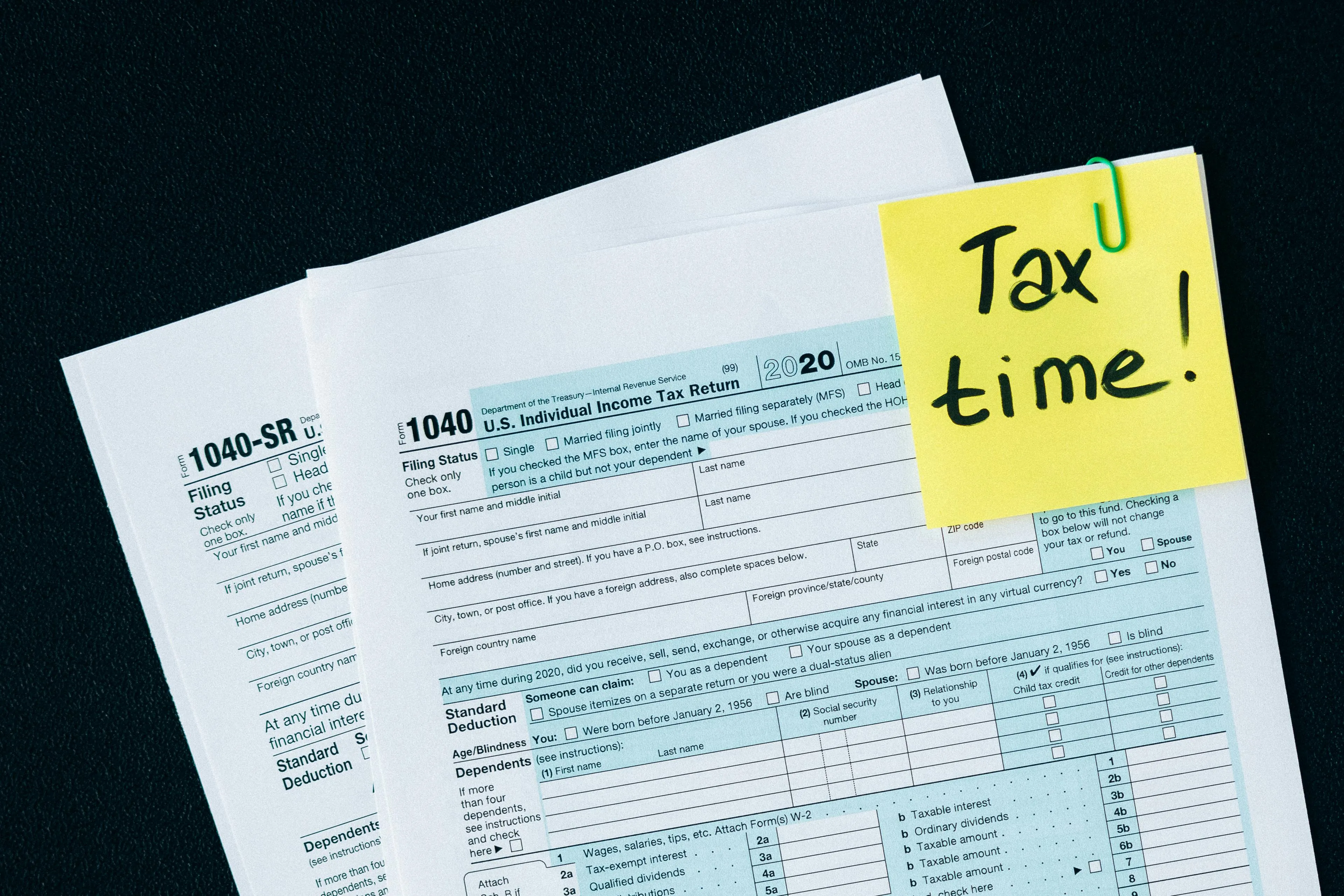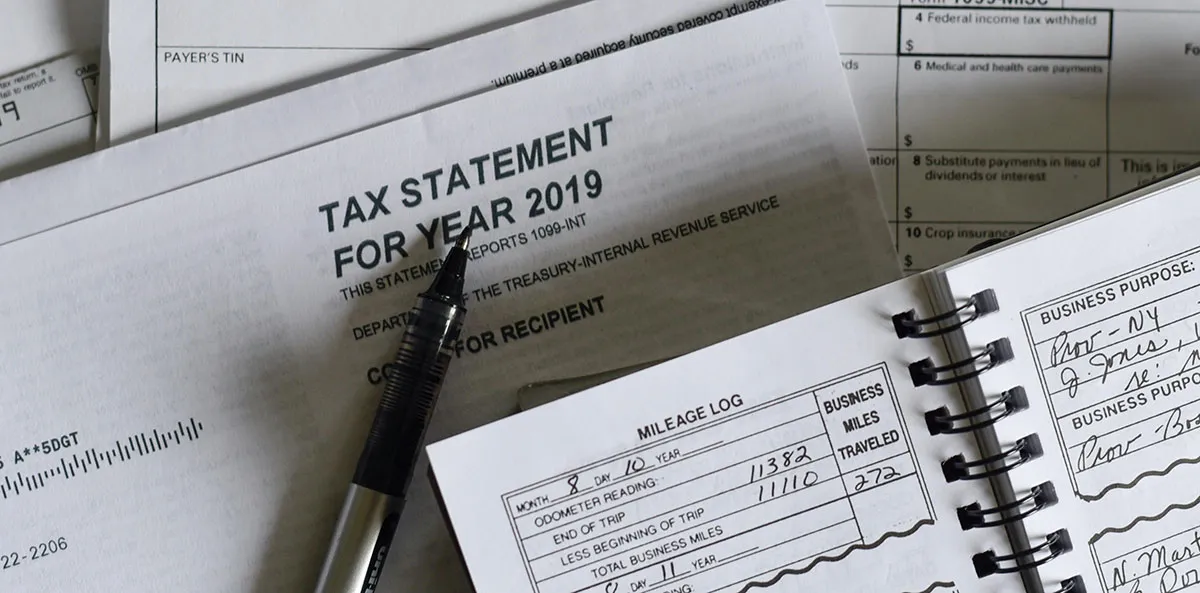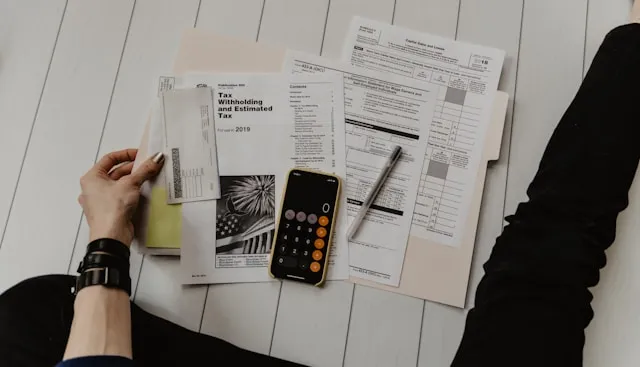What Tax Documents Do I Need For Filing My Tax Return?

Are you ready for tax season? I know the last year just ended, but tax day will be here before you know it. The key to a smooth, stress-free, and, most importantly, accurate tax filing is gathering ALL your necessary tax documents so you can turn them over to your tax professional or plug them into your tax software without missing anything.
How do you know you have everything? You can start by downloading my checklist of What Documents Do I Need To Collect For Filing My 2024 Tax Return. These tax documents cover almost every situation imaginable, from basic W2 income to rental and investment properties, stock options, retirement plans, and beyond. Many of these documents won't apply to your situation. Still, I bet a couple of them weren't on your radar either.
Getting all your tax documents in order helps avoid common tax filing mistakes. Missing items on your tax return can cost you money now if you miss deductions, or they can cost you money later when the IRS comes back with their hand out, again. Here are a few real tax return misses I've seen in reviewing client returns over the years caused by missing or incorrect documentation that the taxpayers would have preferred to get right the first time. Look out for them so you don't find yourself amending a return to finally get your taxes back or cutting a check to the IRS after you thought everything was all said and done.
- Underreporting mortgage interest—If your mortgage switched loan servicers during the year or you sold a home and bought another, look for a 1098 from both providers.
- Not reporting capital gains - Look for those 1099 forms from ALL of your brokerage accounts, especially the non-retirement accounts. Transactions must be reported on brokerage accounts even if the money stays in the account.
- IRA and HSA money that shouldn't be taxed —1099 forms are also used to show when money comes out of a retirement plan or a Healthcare Savings Account (HSA). If the money isn't supposed to be taxed, the proper notation needs to be made on the tax forms in the right place. Have supporting documentation available to prove the funds were rolled over, spent on qualified healthcare expenses, etc.
- Incorrect Backdoor Roth reporting—A "Backdoor Roth" is a well-known strategy for high-income earners to put money away tax-free in a Roth account. However, it requires careful tax reporting and the filing of IRS form 8606 to indicate a non-deductible IRA contribution has been made to offset the IRA distribution from your 1099R. Miss filing this and you'll be hearing from the IRS.
- Employee stock options and other equity compensation—Equity compensation of various kinds always involves additional tax documentation and complexity. Sometimes, the tax cost of the stock varies based on holding periods or changes in the price of the stock when it is sold, and sometimes, the information from the brokerage company is just plain wrong. If you have any equity compensation, ensure your accountant knows it and can verify the tax numbers.
Filing your taxes can seem daunting, and gathering all the documentation to prove to the IRS what you owe and, more importantly, what you don't owe can be a tall order. Please remember to grab my tax document checklist to help out, and by all means, seek help from a competent tax professional to ensure your taxes are done right the first time. Just remember that tax professional only knows what you tell them, and having all the documents you need upfront will tell them a lot.
Please note: Create Wealth Financial Planning is not a tax preparation firm, and Jeff McDermott is not a licensed tax professional. The blog above and the tax document checklist are presented for informational purposes only; please ensure any tax preparation questions are addressed with your CPA or licensed tax preparer.



